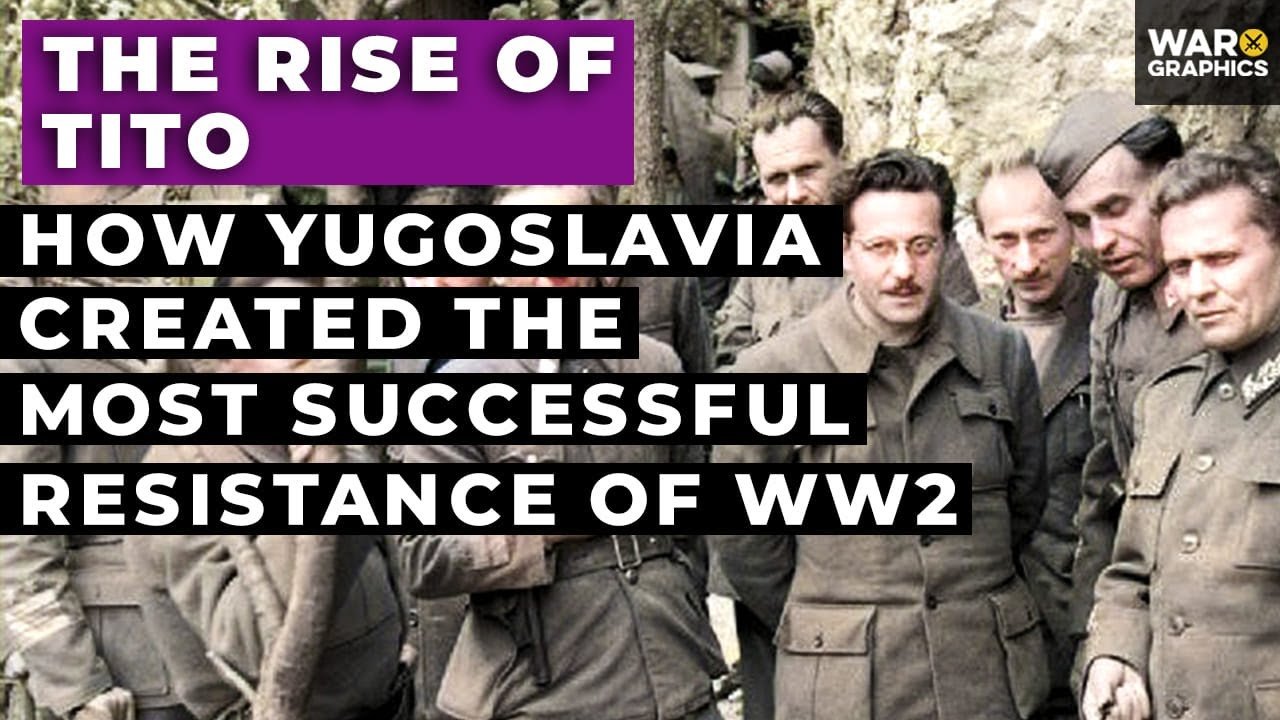The video explores the story of Yugoslavia during World War II, highlighting the significant role of Josip Broz Tito in leading the most successful resistance movement against the Axis powers. It delves into the strategic and tactical aspects of the Yugoslav Partisans’ fight, showcasing how their efforts contributed substantially to the Allied victory in the region.
- Yugoslavia, under the leadership of Josip Broz Tito, mounted the most successful resistance effort against the Axis powers during World War II.
- The Yugoslav Partisans, led by Tito, employed guerrilla warfare tactics that significantly hindered Axis operations in the Balkans.
- The resistance’s success led to the liberation of large portions of Yugoslav territory before the arrival of the Allies.
- Tito’s leadership and the Partisans’ determination were crucial in uniting the diverse ethnic groups of Yugoslavia against a common enemy.
- The Partisans’ efforts were recognized by the Allies, resulting in support and collaboration towards the end of the war.
- The movement significantly contributed to the eventual defeat of the Axis powers in the Balkans.
- Post-war, Tito’s role in the resistance solidified his position as a key political figure, leading to his leadership of the Socialist Federal Republic of Yugoslavia.
This summary has been generated by AI.

Leave a Reply